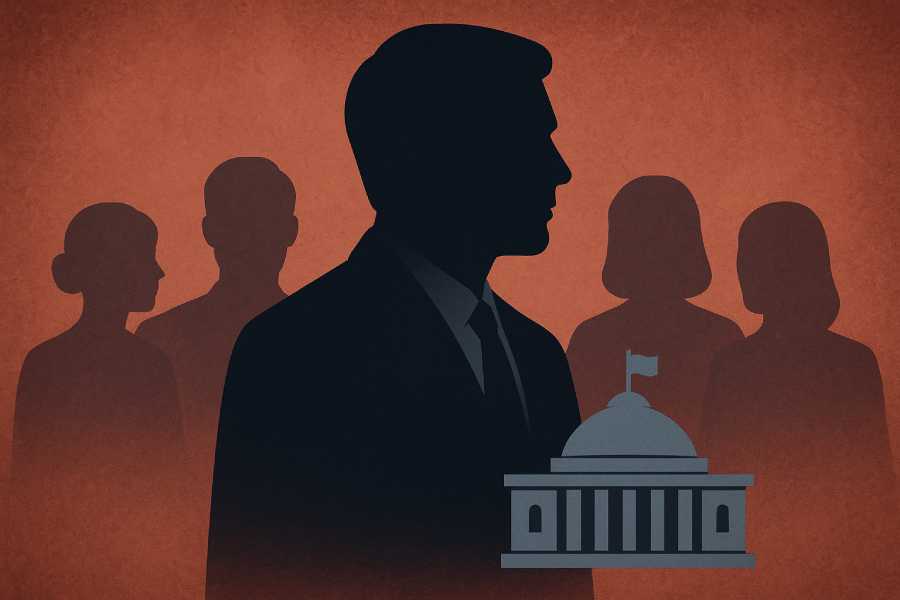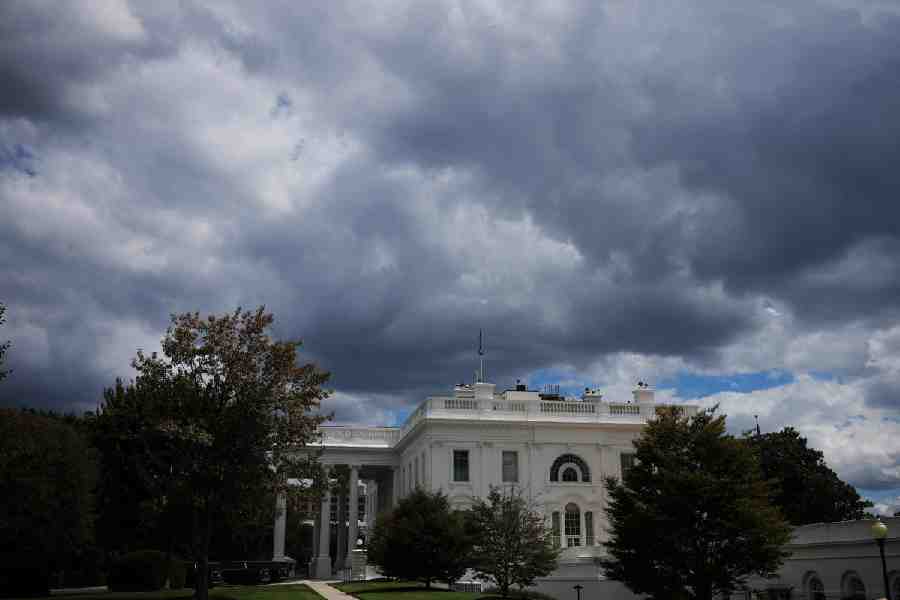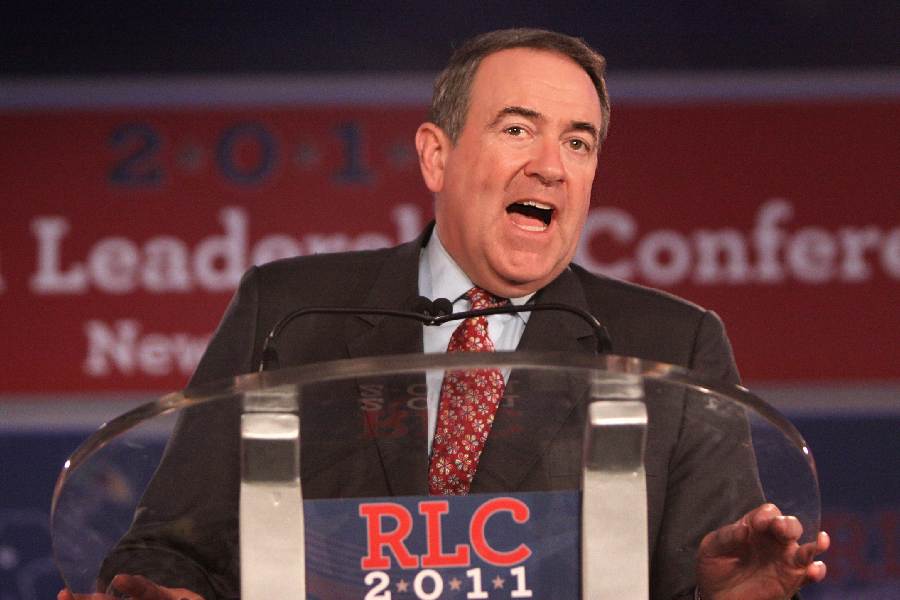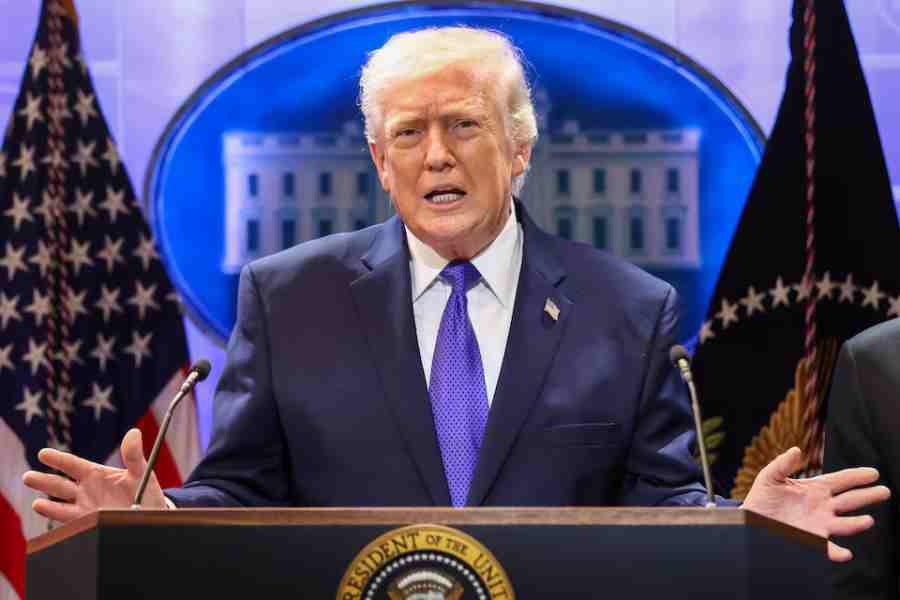The family also functions as a firm in India. This is not just true of Indian businesses: this inference is equally applicable to the business of politics in the country. Data compiled by a national daily from official websites, election affidavits, and reports by the Election Commission of India have revealed that political parties across the ideological spectrum continue to be under the thumb of First Families. The statistics are revealing. Unsurprisingly, the Congress, its shrinking electoral presence notwithstanding, tops the list with 33.25% of its MPs, MLAs and MLCs hailing from political families. The Bharatiya Janata Party, apparently an outfit with a difference, is catching up with its rival: among its 2,078 legislators, an estimated 18.62% are dynasts. What is also revealing is that the BJP occupies the numero uno position when it comes to families having more than one member serving in either state legislatures or Parliament. The regional outfits are not immune to this trend either. Among the BJP’s allies, the Telugu Desam Party has 51 dynasts among 163 legislators and the Janata Dal (United) 28 out of 81. The Family also calls the shots in the Dravida Munnetra Kazhagam, the Trinamool Congress, and the Samajwadi Party, some of the constituents of the national Opposition.
In a democracy, there is no rule prohibiting kinship from claiming the right to political succession. But this tradition is inimical to the spirit of democracy for a number of reasons. For instance, the deepening of democracy should ideally lead to political parties being more accessible to ordinary people. However, an inverse equation prevails at the moment — deleterious to the principle of merit — with a political party preferring to be loyal to members of a leader’s family than reposing its trust in those without such familial capital. This also hinders parties from grooming a new generation of leaders to take up the mantle. The lacuna has serious consequences. This is because the demise or the ineptitude of a leader — the fulcrum around which revolve many of India’s political parties — can heighten the chances of internal family squabbles, leading to defections or even the dissolution of a political entity. There are signs of collective disaffection on account of The Family’s grip on political entities. One of the reasons for Narendra Modi’s sustained popularity can arguably be attributed to his self-proclaimed freedom from the malaise of parivarvaad. Is there a case for dynasts to heed this message, if only for the sake of electoral popularity?










